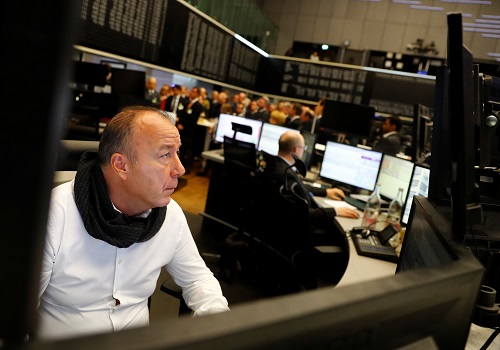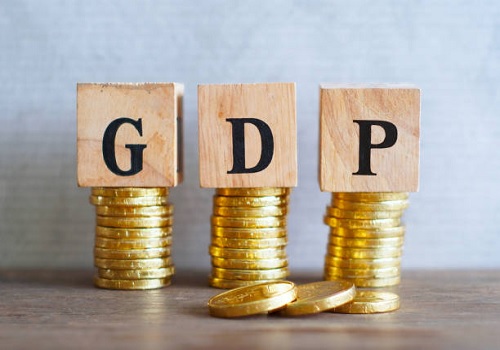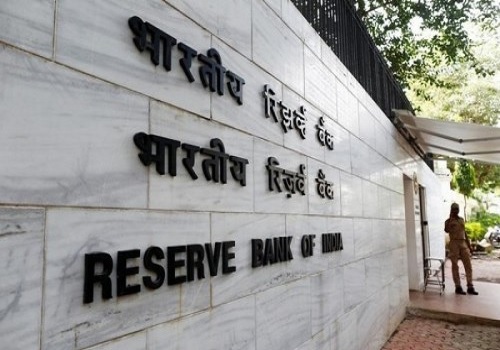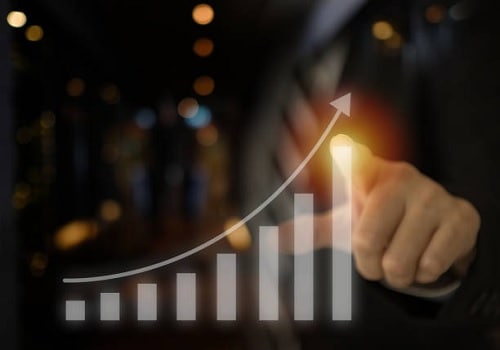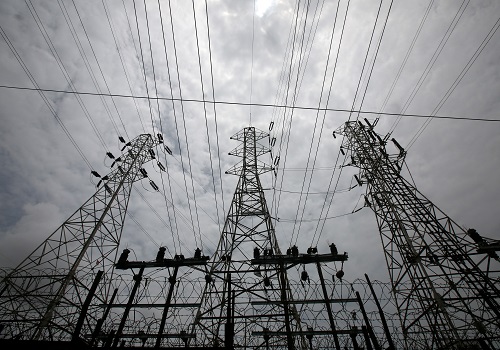Coercive actions, economic revival team up to lift tax mop-up
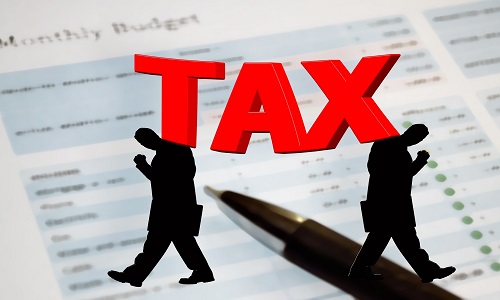
Follow us Now on Telegram ! Get daily 10 - 12 important updates on Business, Finance and Investment. Join our Telegram Channel
In a paradox of sorts, tax collections have significantly improved in the past few months despite the ongoing Covid-19 pandemic and its impact on the economy.
Experts said the reasons for the surging tax collections have been a combination of improving economic activities and coercive actions by the authorities.
In an ideal situation, tax collection should be in tandem with the GDP growth rate, but currently tax mop-up has been growing at a much faster pace, said Rajat Mohan, senior partner at AMRG & Associates.
Direct tax collection for the financial year 2020-21 stood at Rs 9.45 lakh crore, as per the provisional data. The net collection was around 5 per cent higher than the revised estimates for 2020-21.
"The net direct tax collections represent 104.46 per cent of the revised estimates of Rs 9.05 lakh crore of direct taxes for FY 2020-21," said a Finance Ministry statement.
Ved Jain, former President of the Institute of Chartered Accountants of India (ICAI), told IANS that a major reason for direct tax collections having surpassed the revised estimate for FY21 was because the estimate was "conservative".
"Budget estimates for FY21 were quite high, as the pandemic was not anticipated. In April, May and June, there was no collection... September onwards the economy started picking up and when the revised estimates were prepared, the government was not so hopeful that the economy will revive to this extent. Now that the economy has done well in the months of January, February and March, the collection has surpassed the estimates, which were too conservative," he said.
Jain also said that the direct tax amnesty scheme of 'Vivad Se Vishwas' has helped the government increase its tax collection.
"The Vivaad Se Vishwas scheme also must have helped the government get direct tax revenue. The government says its has been able to collect around Rs 50,000 crore on the basis of the scheme," he said.
According to Aditi Nayar, Chief Economist, ICRA: "As expected, the government of India's direct tax collections have modestly overshot the revised estimates for FY2021. The collections appear to have contracted by a modest 3.5 per cent in March 2021, suggesting the back-ended release of refunds."
Noting that the FY21 provisional direct tax collection numbers are better than the revised estimates, Devendra Kumar Pant, Chief Economist, India Ratings and Research, said that the economy is slowly recovering and with 3QFY21 registering positive growth after two consecutive quarters of negative growth, the numbers are more on the expected lines.
"The sharp recovery in Q3 and Q4 of FY21 is validated by the GST and direct tax numbers. It is a welcome move on the part of the Finance Minister to project conservatively and beat the estimates... If we manage to contain the second wave without much damage, we are in for an extremely robust growth in fiscal 2022," said Ravi Vishvanathan, CFO, PayMate.
Apart from direct taxes, the government has also been able to reach record levels in terms of Goods and Services Tax (GST), the indirect tax regime. India's gross GST revenue collection reached a record high of over Rs 1.23 lakh crore in March 2021.
The GST revenues recorded last month are the highest since the introduction of the tax regime. Also, it was the fifth consecutive month when GST collections have topped the Rs 1 lakh crore landmark.
Experts said that detection of frauds and bogus input credit claims along with stringent action by authorities have played a major role in the improvement in compliance and increased tax collection.
Rajat Mohan noted that notices, summons, attachment of bank accounts and properties, survey and detentions have played a major role in tax collections.
The tax expert also told IANS that the government has uncovered a number of frauds that were going on, which has also boosted tax collection.
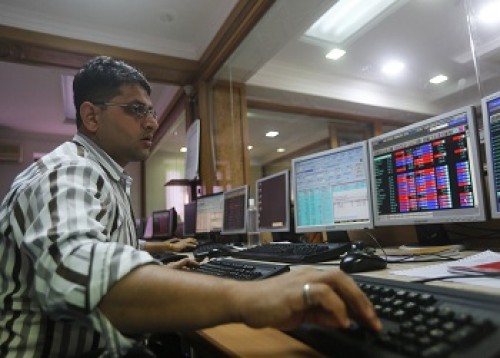









Tag News

Monthly Debt Market Update, September 2023: CareEdge Ratings







